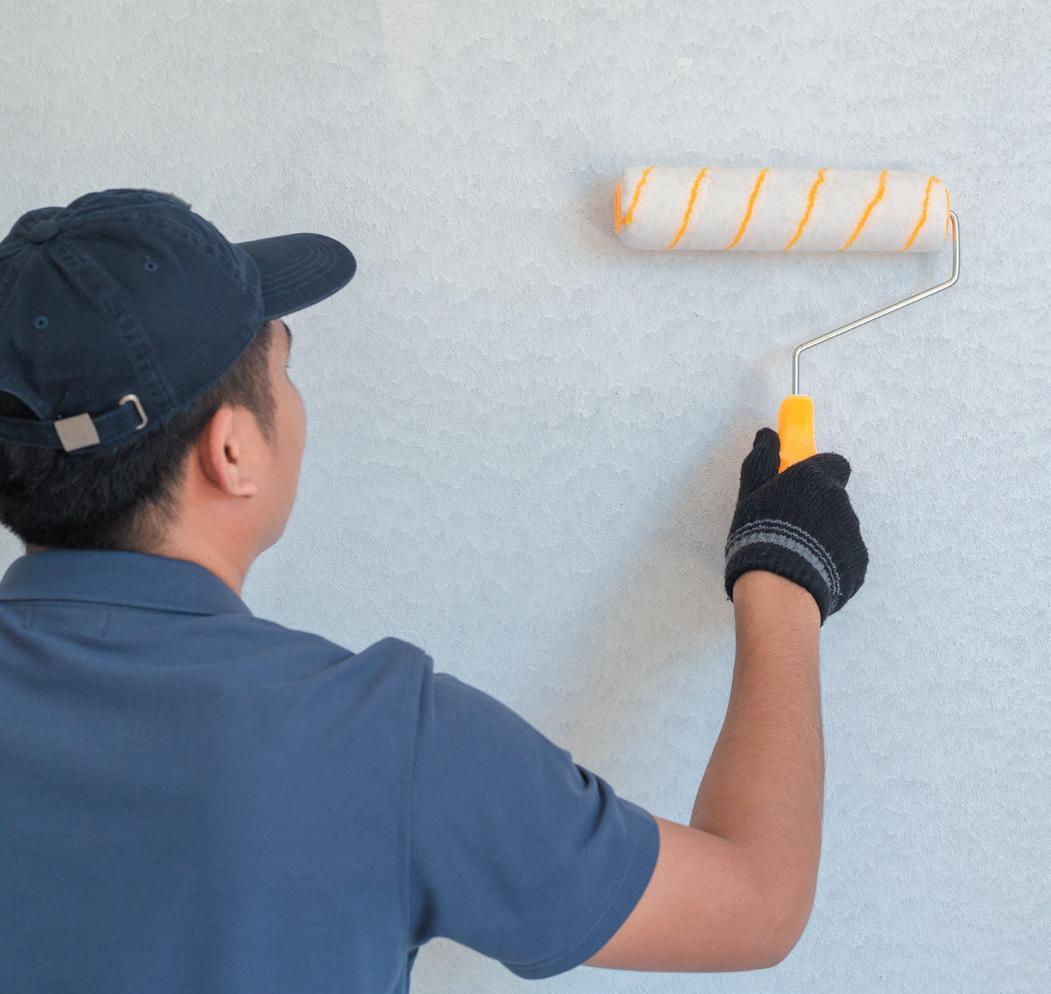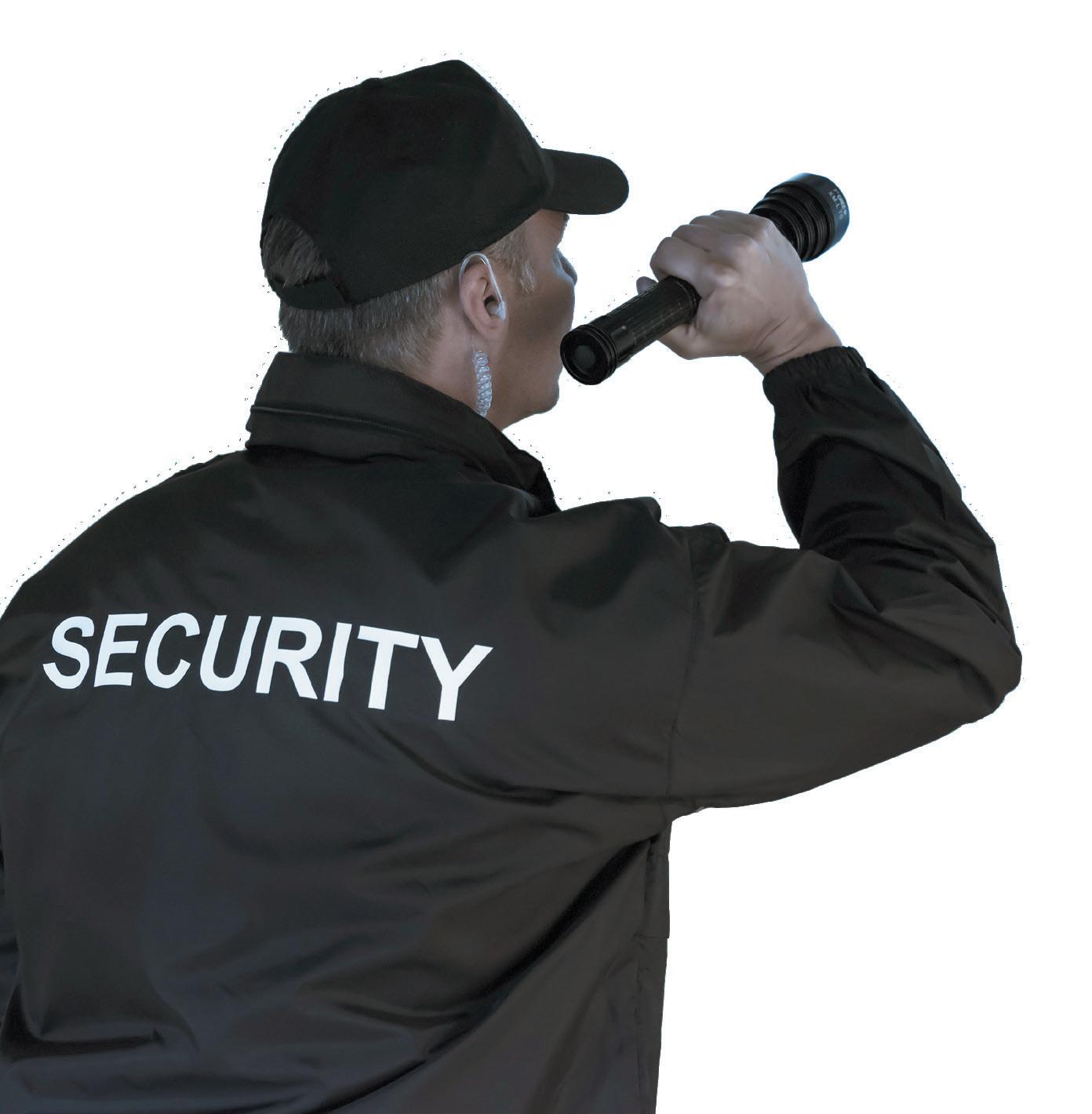A SOBERING REALITY Sober Living Homes in HOAs With the Opioid crisis hitting hard in many communities across the country, sober living homes are becoming popular, and are finding their way into homeowners associations (HOAs). A sober living home is one where several unrelated adults live in the home together while they recover from drug or alcohol addiction. The operator of the sober living home often provides some level of services, such as medical and psychological treatment or counseling. Depending on how the program is operated, the owner of the home may be renting the rooms to the residents. Sober living homes may raise many concerns for homeowners associations and the neighbors of those living in sober living homes. There are many legal, as well as, practical concerns that an HOA will have when a sober living home is operating in the community. Most HOAs have covenants, conditions and restrictions (CC&Rs) that prohibit use of homes for commercial purposes or that state homes are to be used for single-family purposes only. Some CC&Rs may also have express restrictions against leasing portions of a dwelling. The operation of a sober living home is in direct violation of these covenants. Neighbors may also have concerns that sober living homes could lead to an increase in crime, public alcohol and drug use, noise, traffic, parking problems and decreasing property values. Whether or not these concerns are valid, the thought of a sober living home in a community often leads to “Not In My Back Yard” sentiments from residents of the community. There is also an expectation that the Board of Directors of the HOA must take action to enforce the CC&Rs and prevent a sober living home from operating in the community. However, it is not so simple. While the HOA may have these legal and practical concerns, it should seek legal advice before trying to enforce the CC&Rs against the owner of a sober living home. Its residents may have certain protections under federal and state housing laws that protect people with disabilities from housing discrimination and people who are recovering from alcohol and drug addiction are considered “disabled” for purposes of these anti-discrimination laws. The Federal Fair Housing Act of 1988 and Maryland State Government Article, §20-702, Annotated Code of Maryland (the “Fair Housing Acts”) make it illegal for any person (including HOAs) to discriminate in the sale of a dwelling or to otherwise make unavailable or deny housing to a disabled person, or to coerce, intimidate, harass, threaten or interfere with a disabled person’s right to the use and enjoyment of housing, housing
facilities or services because of their disability. It is also illegal to refuse to make reasonable accommodations in rules, policies, practices or services when such accommodations may be necessary to afford a disabled person an equal opportunity to use and enjoy a dwelling. As a result, an HOA’s enforcement of its CC&Rs prohibiting commercial use or leasing portions of a dwelling, or restricting dwellings for single-family use, against a sober living home may be discriminatory under the Fair Housing Acts. Indeed, many courts across the country have held that such enforcement violates the Federal Fair Housing Act. Similarly, the Americans with Disabilities Act (“ADA”) requires states, cities and other local governments to provide reasonable accommodations to disabled individuals, including recovering addicts, by providing deviations from zoning laws to allow them an equal opportunity to enjoy housing. As a result, there is little that local governments can do to prohibit sober living homes in residential zones. So what can an HOA do? First, it needs to work closely with an attorney to make sure it does not do anything that will run afoul of fair housing laws. Second, it needs to try to build a good rapport with the owners of the sober living home. While its residents may have concerns regarding the presence of the sober living home in the community, the HOA may find that once it gets to know the owners and operators of the sober living home that many of its concerns are just ‘Not In My Back Yard’ reactions that are unfounded. If the sober living home is well run, then many of the neighbors’ concerns may be alleviated. Third, if it finds that the sober living home is creating certain nuisance-type violations in the community, it should work with its attorney to enact restrictions that curtail such activities without regard to disability. For example, restrictions and regulations on smoking, noise, littering, traffic and parking could be adopted by an HOA, without running afoul of fair housing laws, as long as it is equally enforced throughout the community and does not just target the sober living home. Whatever, steps an HOA decides to take, it should do so with extreme caution. Written by: Judyann Lee, Esq. McMillan Metro, P.C. jlee@mcmillanmetro.com 240-778-2308
7







